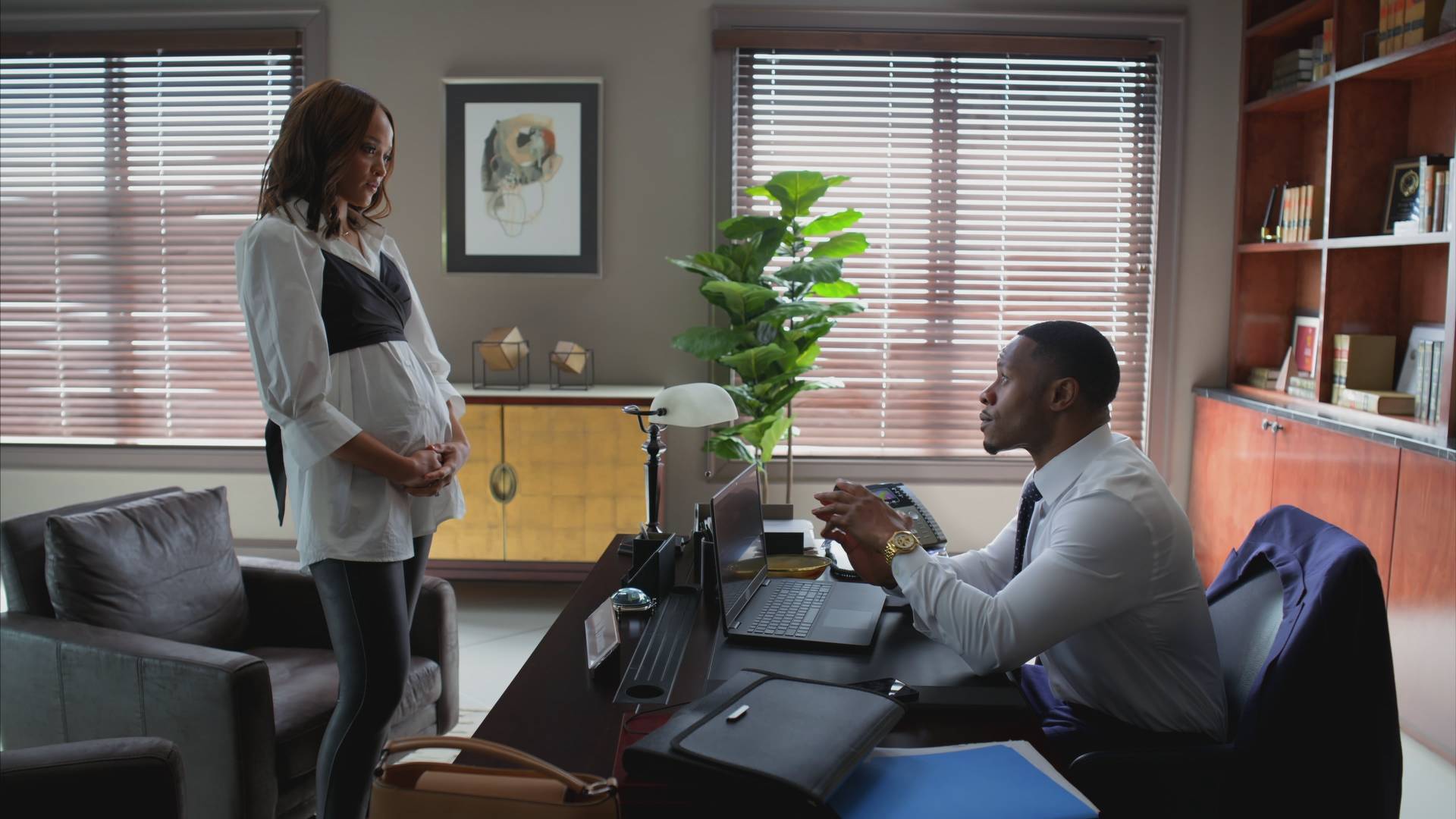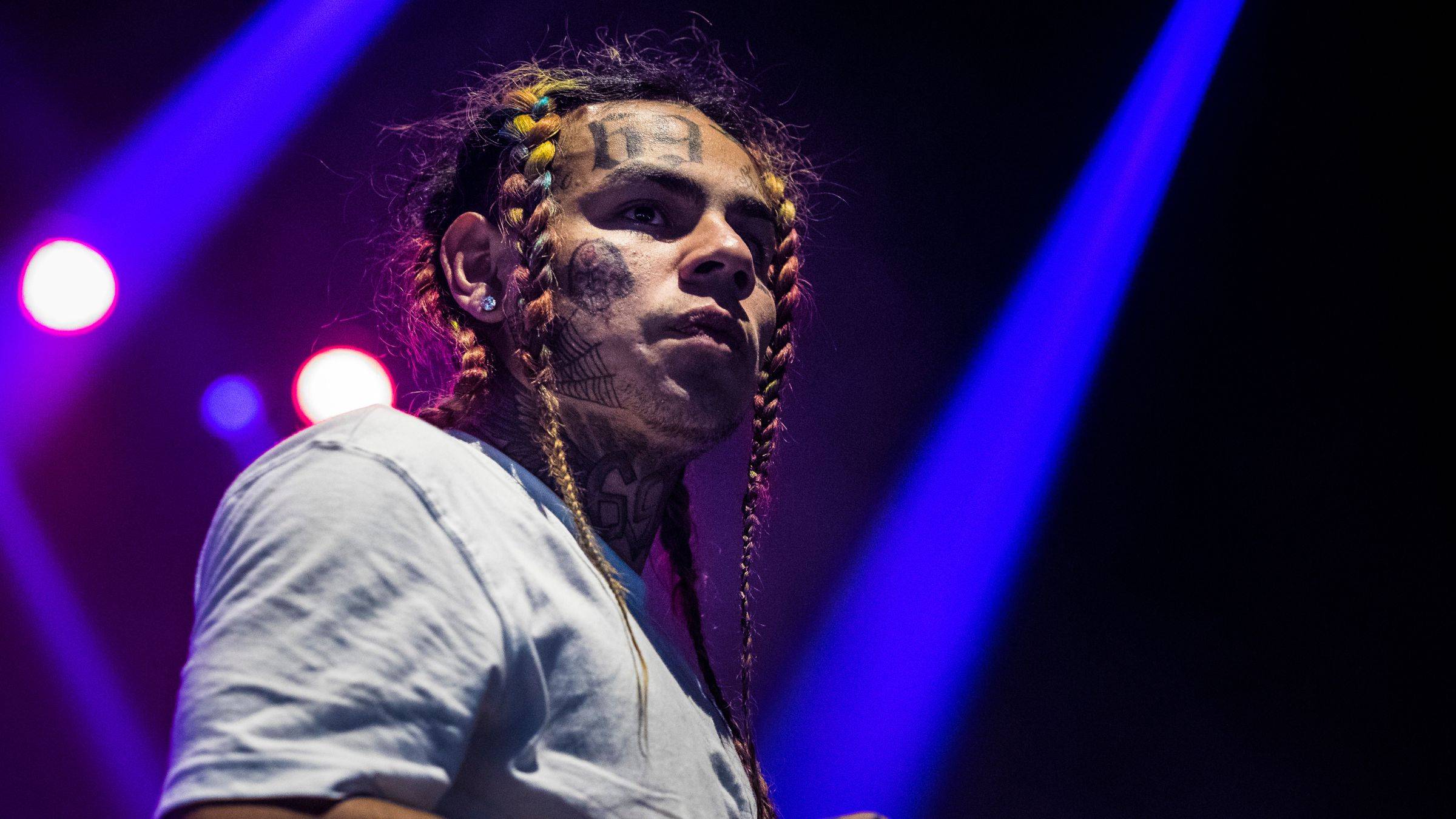Ivory Coast army officer held in gun-smuggling
SAN FRANCISCO – The Ivory Coast army colonel arrived in New York on Aug. 29, and authorities say he planned to return home days later with $4 million in guns and ammunition his country purchased from a suburban Washington D.C. broker.
Instead, Col. Nguessan Yao is being held in federal custody in a Northern California jail and the broker is scheduled to appear in court next week to answer charges that the two conspired to illegally circumvent a worldwide arms embargo of violence-plagued Ivory Coast.
The case has all the elements of a spy thriller, right down to a mysterious "Mr. X" — the man who launched the saga by tipping federal authorities in July 2009.
Since then, the West African nation's ministers of defense and finance, some diplomats and other government officials of the world's largest cocoa producer have been implicated in an alleged scheme to smuggle guns into a country under a United Nations arms embargo.
They are accused of paying $3.8 million to undercover agents posing as American arms dealers for 4,000 9-millimeter Glock handguns, 200,000 bullets and 50,000 tear gas grenades in violation of the arms embargo.
The Ivory Coast officials make little effort to conceal their involvement. They argue that government security forces are poorly armed and outgunned by opposition forces intent on using violence to influence the outcome of the first presidential election in more than five years on Oct. 31.
The opposition, in turn, raises similar accusations about the government.
Yao, who is being held without bail, was transferred to Northern California because the lead investigators in the case are based in San Jose. He was assigned a public defender and pleaded not guilty with assistance of a French interpreter Sept. 29. His lawyers didn't return phone calls.
Michael Shor, a suburban Washington D.C. trade consultant, who was arrested in April and has since agreed to work with investigators, is scheduled to appear in San Jose federal court on Thursday. He is free on $100,000 bail and is expected to enter a plea to charges of conspiring to violate the embargo and exporting weapons without a proper government permit. He is accused of serving as the deal's middleman, introducing the buyers to the sellers.
Each defendant faces up to 10 years in prison.
Shor anticipated netting about $250,000 for brokering the deal, according to court records, which also depict Shor telling an undercover agent that he represented the country's minister of defense, Michel Amani N'Guessan.
I have an exclusive agreement," Shor is recorded as saying to the agent during a wiretapped phone conversation on Aug. 25, 2009. "They name myself and my company as an agent for the government in Cote d'Ivoire to, to handle military equipment.
The defense minister publicly proclaimed the government's need for the weapons on Sept. 16.
He said that without the weapons "Ivory Coast could see a catastrophe.
In an interview Wednesday with The Associated Press, former Defense Minister Bertin Kadet, now a top security adviser to President Laurent Gbagbo said that the Ivorian government still hasn't been officially notified by the United States that one of its citizens has been arrested.
We're getting all our information from the press," he said.
Meanwhile, Kadet said the government desperately needs the type of weapons at the center of the U.S. criminal case to keep violence at bay.
How are we supposed to hold elections, if we can't keep the peace?" Kadet said. "The U.N. mission in Ivory Coast isn't responsible for security, we are.
The U.N. in 2004 placed an arms embargo on the Ivory Coast after the government broke a peace accord that was supposed to end civil war in the divided West Africa nation. The ban includes sales of arms or any related material, which includes tear gas grenades.
The nation has been struggling to hold a presidential election over the last year. A date for elections has been set and missed six times. Gbagbo's term officially expired five years ago.
The United Nations Security Council announced last month that up to 500 peacekeepers would be sent to the Ivory Coast to provide security during the election.
Kadet, the presidential adviser, said that much of the country's violence has subsided since a peace accord was signed in 2007.
If you want us to get out of this crisis, all you need to do is let us have the equipment we need to hold peaceful elections," he said.
It was against this backdrop that Col. Yao arrived in New York on Aug. 29 to close the weapons deal, U.S. government officials charge. He inspected the weapons in New Jersey two days later and explained he needed an invoice showing Ivory Coast purchasing $3.8 million in computer and electrical equipment, as well as a separate invoice showing purchase of $3.8 million in weapons.
The colonel was about to board an airplane home when he was arrested on Sept. 9 in New York and charged with attempting to export weapons without obtaining a license required by the U.S. State Department.
The case traces its roots to a July 31, 2009, meeting in San Jose between government agents and a "cooperating defendant," government parlance for someone trading valuable information about crime in exchange for leniency in his own criminal case.
The court documents show the informant, dubbed "Mr. X" in the indictment, told Immigration and Customs Enforcement agents that Shor days earlier had e-mailed him a "letter of intent" listing the weapons he wanted to purchase.
Mr. X then introduced Shor to undercover agents posing as arms dealers.
Shor explained the weapons were for government agencies to maintain peace during and after national elections," ICE agent Terrance Stebbins wrote in an April 21 application to a judge for permission to arrest Shor.
During the summer of 2009, investigators eavesdropped on Shor's phone conversations. Transcripts included in court filings show Shor to be concerned about his middleman role and his having to trust both buyer and seller.
Near the end of the investigation, court records show, Shor asked the undercover agent to assure him that he wasn't working for the government.
I don't have to worry about getting busted with you," Shor said on April 14, nine days before his arrest. "You're definitely not with the feds, right?
The undercover agent responded, "If I was the feds ... you'd know by now.
I thought so," Shor said.
_____
Associated Press writer Marco Chown Oved in Abidjan, Ivory Coast contributed to this report.





